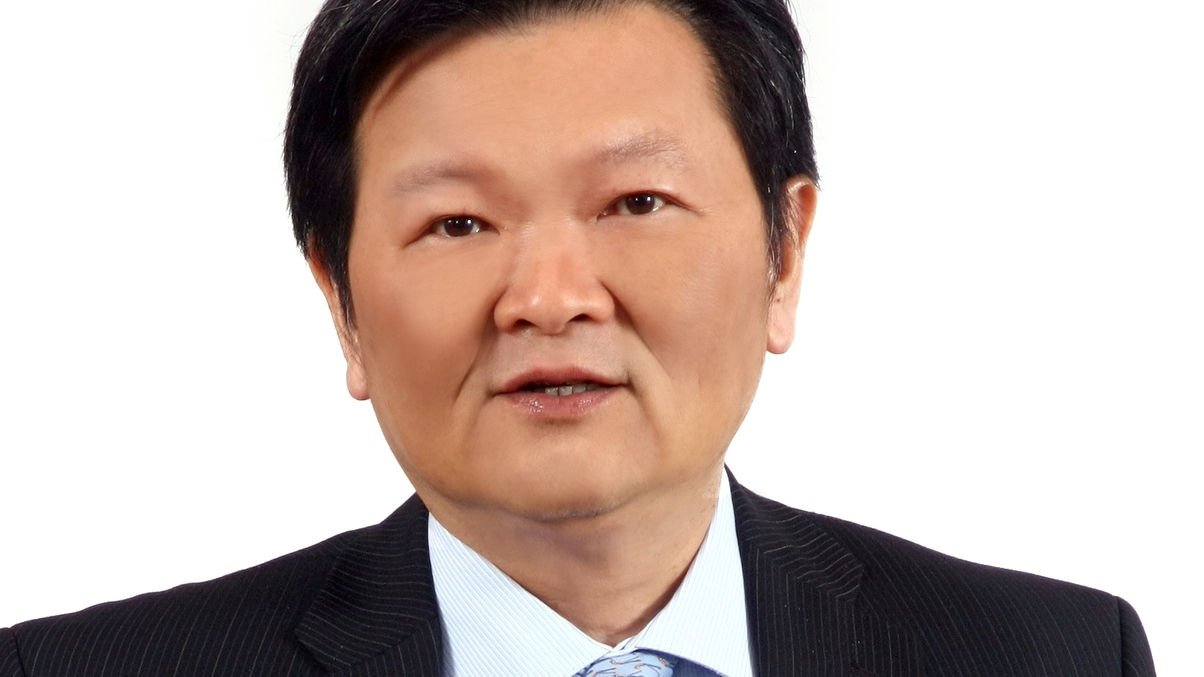SE Asia moves closer to funds passporting in 2012
Indonesia, Malaysia, Singapore and Thailand are working on harmonising regulations for an 'Asean Ucits' scheme, initially for ETFs, says Pravej Ongartsittigul of Thailand’s SEC.

Four Southeast Asian countries are working on harmonising rules and regulations with a view to setting up an Asean funds-passporting scheme, according to a senior Thai regulator. The aim is to take the first step towards such a scheme in the first half of next year.
Sign in to read on!
Registered users get 2 free articles in 30 days.
Subscribers have full unlimited access to AsianInvestor
Not signed up? New users get 2 free articles per month, plus a 7-day unlimited free trial.
¬ Haymarket Media Limited. All rights reserved.


